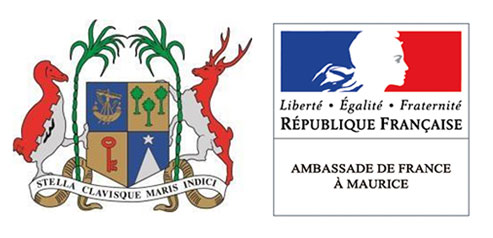Team Ecopsy laureate of the Hubert Curien program
 Igor Sibon and Sylvie Berthoz, heads of the team Ecopsy at INCIA, and Bibi Aliya Seelarbokus, PhD Student, were granted of a Hubert Curien Le Réduit Partnership, with the University of Mauritius.
Igor Sibon and Sylvie Berthoz, heads of the team Ecopsy at INCIA, and Bibi Aliya Seelarbokus, PhD Student, were granted of a Hubert Curien Le Réduit Partnership, with the University of Mauritius.
Their project
Title : Unmet Needs in Stroke Management & Secondary Prevention
Abstract : According to the new Global Burden of Diseases, Injuries, and Risk Factors Study (GBD) report, in 2019, there were around 12.2 million incident cases of stroke, resulting in 143 million disability-adjusted life-years (DALYs) and 6.55 million deaths. Therefore, despite huge international information campaigns and recent dramatic improvement in acute stroke management, stroke remained the second-leading cause of death and the third-leading cause of death and disability combined in 2019. Considering the distress caused to patients and families, in addition to the healthcare and social costs, the implementation of public health action plans represents a research priority. Notably, while recent development of acute phase treatments has dramatically improved stroke functional outcome, post-stroke neuropsychiatric conditions and lifestyle management continue to contribute to the heavy burden of stroke. Despite the acknowledgment in stroke guidelines that neuropsychiatric complications should be evaluated and managed, there remain important gaps between these recommendations and their implementation. Considering the dearth of studies focusing primarily on the secondary prevention of stroke, important unmet needs persist in clinical practice. Importantly, for the present collaborative project, accumulating evidence points to major inequities in stroke management and prognosis, with significant geographical, socio-demographic (e.g, sex/gender, ethnicity), socio-economic (e.g, insurance coverage), educational (e.g, knowledge gap and health literacy), and/or organizational disparities. Our project is to reduce inequity in stroke management and prognosis by addressing potential individual-level, organizational-level and cultural-level disparities.
The ultimate aim of this collaborative project is thus to enable the development of internationally relevant patient-centered interventions for stroke survivors.
